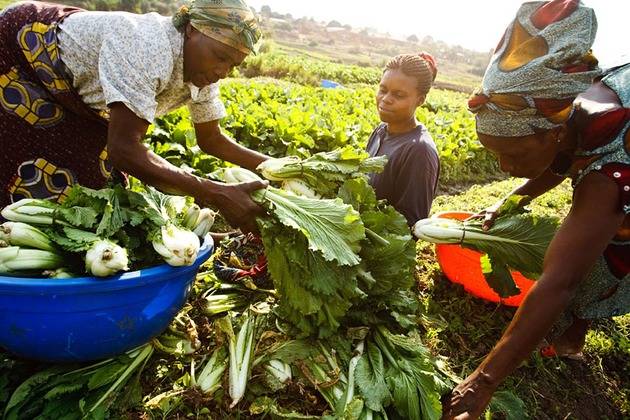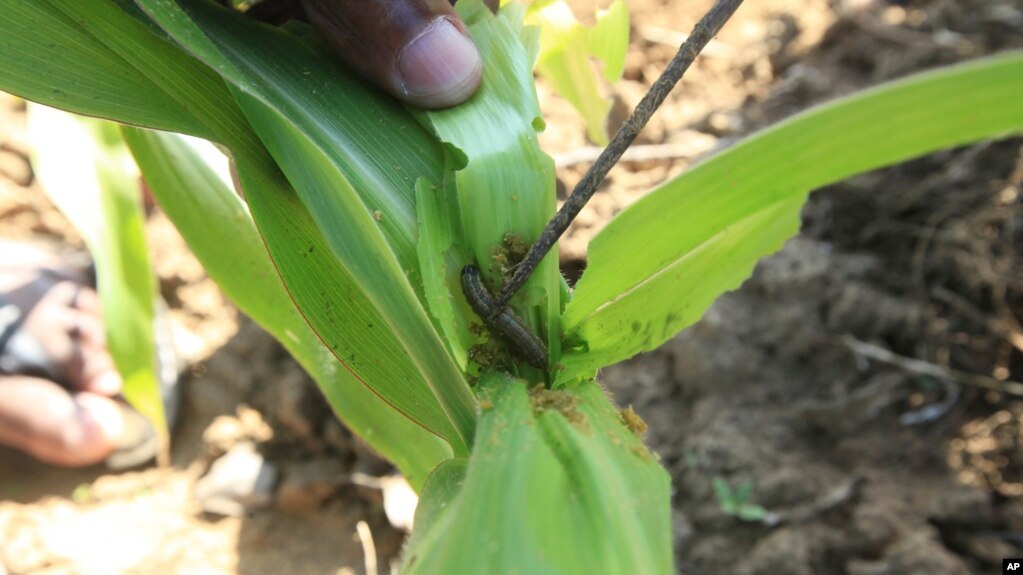MindWars
Diamond Member
- Oct 14, 2016
- 42,227
- 10,743
- 2,040
- Banned
- #1
Yemen at 'point of no return' as conflict leaves almost 7 million close to famine
The way this planet is going the entire world is going to go through this. At times I've wondered if Mars was once like earth, and the Globalist nuts tried their same stunts up there as they are here on earth eventually killing off the entire planet that being mars, and now earth is next.
Governments have been warned they face enduring shame should famine take hold in Yemen, where two-thirds of the population face severe food shortages






